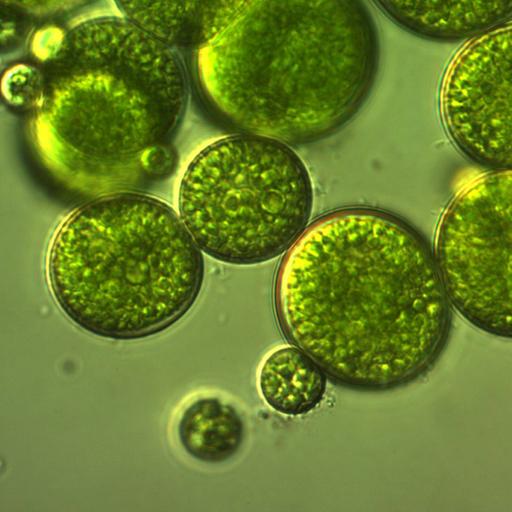Algae Fuel
Presentations | English
Algae fuel, or algal fuel, is a second-generation biofuel made from algae. Compared with other second generation biofuels, algae are relatively high-yield high-cost (30 times more energy per acre than terrestrial crops) feedstocks to produce biofuels. Since the whole organism converts sunlight into oil, algae can produce more oil in an area the size of a two-car garage than an entire football field of soybeans. Nowadays they cost $5–10/kg and there is active research to reduce both capital and operating costs of production so that it is commercially viable. According to René Wijffels the current systems do not yet allow algae fuel to be produced competitively. However using new (closed) systems, and by scaling up the production it would be possible to reduce costs by 10X, upto a price of 0,4 € per kg of algae. Algae can potentially thrive on exhaust gases from power plants which run on fossil fuel (or any fuel that is burnt to product carbon dioxide. The algae grows faster thanks to the high concentration of carbon dioxide, which would otherwise be emitted as a greenhouse gas in the atmosphere, increasing climate change.

25.00
Lumens
PPTX (100 Slides)
Algae Fuel
Presentations | English
